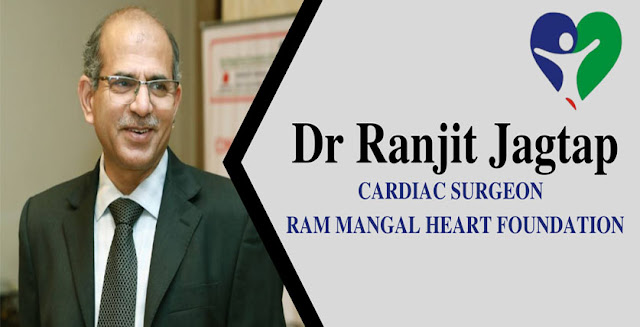Water flushes waste from your body through urination, perspiration, and bowel movements, maintains your body temperature and lubricates and cushions your joints.
Water
is important for the health of your heart. Your heart beats 24 hours a day,
pumping around 2,000 litres of blood. You can assist your heart do its work by
remaining hydrated - that is, drinking more water than you lose, says Dr Ranjit Jagtap.
Dehydration
When
you lose more fluid from sweating, sickness, fever, or urination than you
consume through food and water, you become dehydrated. Dehydration can harm
your heart and cardiovascular system, among other organs and physical systems.
Your
blood volume, or the amount of blood circulating through your body, reduces
when you have enough water. Your heart beats quicker to compensate, raising
your heart rate and blood pressure.
Dehydration
also causes your blood to hold more sodium, thickening it and making it more
difficult for it to flow through your body. Keeping your body hydrated makes it
easier for your heart to pump blood. It permits oxygen to reach your muscles,
allowing them to operate more efficiently.
Dehydration
is a dangerous illness. It can cause everything from swollen feet to a
headache, as well as life-threatening conditions like heart attack or heat
stroke.
Thirst,
a dry or sticky mouth, not peeing much, dark yellow urine, headaches, and
muscle cramps are all signs of mild to moderate dehydration.
The
elderly, persons with chronic diseases, youngsters, and athletes are the most
vulnerable. Dehydration has a deleterious impact on the heart and circulatory
system, among other organs and body systems.
Signs and symptoms
Not
urinating, or pee that is very dark yellow or amber in colour, dry, shrivelled
skin, sunken eyes, irritability or bewilderment, dizziness or lightheadedness,
fast heartbeat and respiration, listlessness or unconsciousness, or delirium
are all symptoms of severe dehydration. If you or someone you know is
experiencing any of these symptoms, get medical help at Dr Ranjit Jagtap Clinic right once.
Impact of dehydration on cardiovascular system
Increase in heart rate
Baroreceptors
on the walls of major blood arteries in the chest and neck monitor circulatory
system pressure. Baroreceptors measure the stretch of the vessel walls. Blood
vessels overwork when blood volume is too high, whereas vessels stretch
slightly when volume is too low. Because your blood volume falls when you're
dehydrated, vessel walls don't extend as much as they should. The brain
receives this information from baroreceptors, which increases your heart rate
to compensate for the reduced blood volume.
Blood Pressure Is Raised
Dehydration
can cause a rise in blood pressure, which may seem paradoxical. As your blood
volume decreases due to dehydration, your body adjusts by holding more salt in
the blood. High blood salt levels force your body to shut small blood vessels
called capillaries, resulting in high blood pressure.
The
pressure in major blood veins rises as more capillaries collapse, raising total
blood pressure. It is more difficult to circulate blood adequately since it has
grown more concentrated and thicker. To assist move the blood along, your body
"squeezes" blood vessels, which elevates blood pressure.
Cardiac Output is Reduced
Cardiac
output is calculated by multiplying the volume of blood pumped out every beat
by the heart rate. Your typical cardiac output would be 7,000 millilitres per
minute if your heart pumps 100 millilitres of blood every beat and your heart
rate is 70 beats per minute.
Cardiac
output measures how efficiently the heart pumps blood throughout the body. Your
cardiac output drops dramatically when you don't have enough water. Despite the
higher heart rate, the quantity of blood the heart can pump every beat is in
limits due to the overall low blood volume.
Hypotension due to orthostatic pressure
When
you suddenly transition from laying down to sitting or standing, your blood
pressure drops considerably. They call it orthostatic hypotension. It has a
common link with dehydration, and symptoms include dizziness, lightheadedness,
and fainting.
According
to Dr Ranjit Jagtap News, Orthostatic
hypotension might happen when you're dehydrate because your blood volume isn't
enough for your body. It regulates your blood pressure and heart rate as it
should when you shift positions.

Comments
Post a Comment